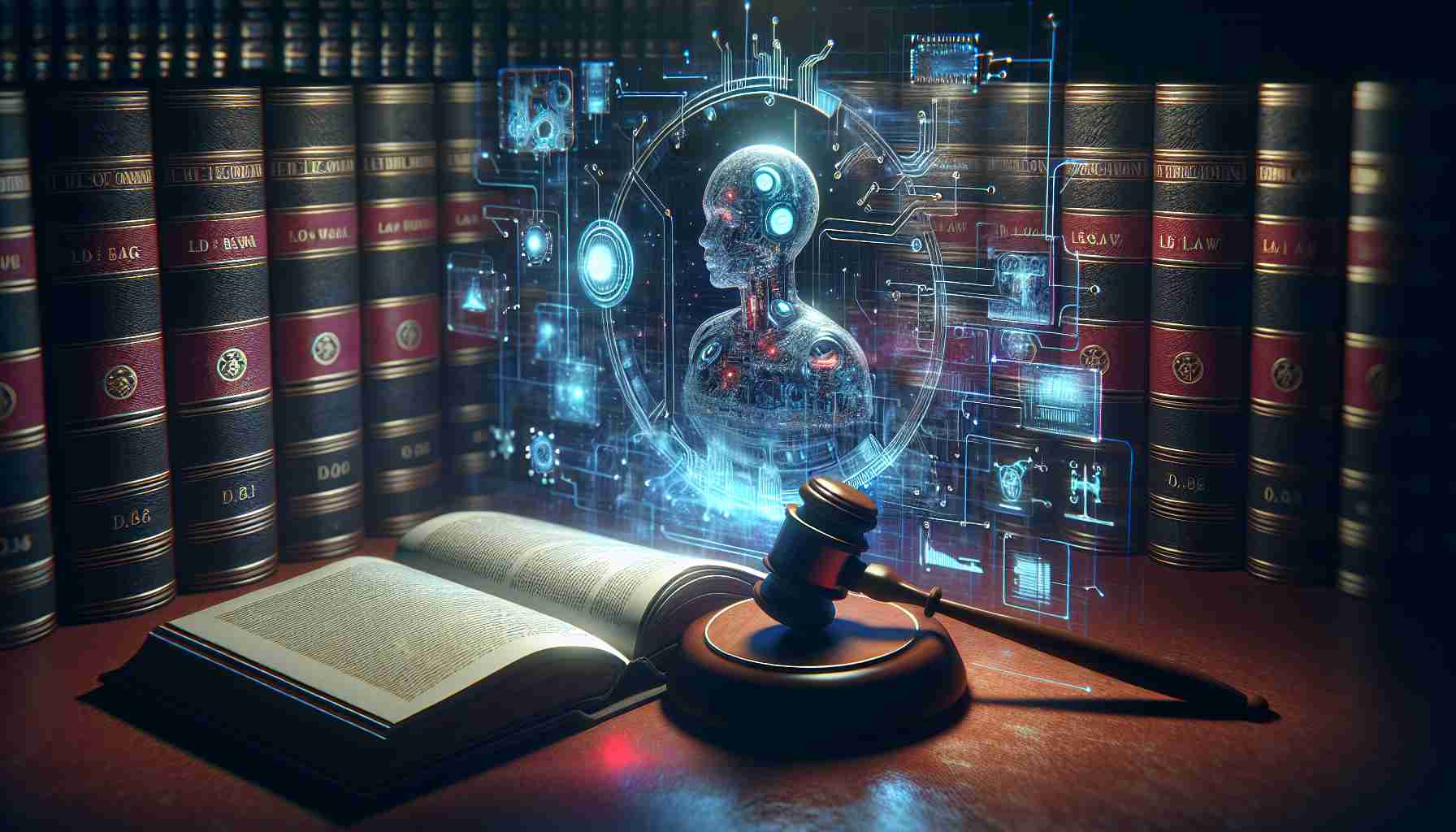Addressing AI’s Legal Complexity at Upcoming Conference
A symposium titled ‘Artificial Intelligence and Human Responsibility: An Arena Governed by Law’, was organized by the Law Department of the University of Rome Tor Vergata, spearheaded by Stefano Preziosi, Professor of Criminal Law and scientific coordinator of the newly established Criad (Research Center on Artificial Intelligence and Law). The conference aims to delve into AI’s legal implications within the context of emerging European regulations and the potential need for an “AI Statute” to outline permissible risk areas.
Fostering a Discourse on AI’s Legal Implications
The event, which will also involve the Rome Bar Association and is set to take place at the Forensic Fund in Rome, will foster discussions on the increasingly ambiguous lines between human programmer intentions and AI system decisions, highlighting the complexity of attributing responsibility as AI’s self-learning capabilities evolve.
Reconceptualizing AI in the Realm of Law
Beyond just generating litigation, AI systems are becoming analogous to complex organizations with autonomy. Preziosi emphasizes the importance of recognizing AI systems as potential legal entities, thus broadening the legal scope to accommodate the non-exclusivity of human dominion over machines.
Criad’s Multidisciplinary Expertise Unveiling AI’s Legal Terrain
The 14 founding law professors of the Criad ensure representation across all legal branches inevitably intersecting with AI. Preziosi, the center’s scientific coordinator, outlines the dual challenges faced by the legal fraternity: regulating AI and maintaining democratic integrity in the face of AI’s potential influence on political decision-making.
EU’s Forthcoming AI Regulation
The conversation aligns with recent developments where the European Parliament approved a new AI regulation. This regulation is awaiting its final formality by the European Commission, signifying an impending shift in the legal landscape surrounding AI technologies. This will culminate in compulsory compliance systems for businesses and legal practitioners, shaping various regulatory aspects including prohibited uses, risk assessments, and data management guarantees.
In exploring the legal frontiers of Artificial Intelligence (AI), it’s important to understand the broader context of why this is significant and what lays outside the article’s scope. Here are some facts and context that supplement the information provided in the article:
The legal challenges associated with AI are vast and complex, often involving ethical considerations, such as privacy rights, data protection, and potential biases that AI may perpetuate or exacerbate.
Key Questions and Answer
1. What are the most pressing legal questions regarding AI?
The most urgent legal questions about AI typically revolve around liability (who is responsible when an AI makes a mistake), intellectual property rights (who owns AI-generated content), data protection (how can AI systems uphold privacy rights), transparency (how AI makes decisions), and the ethical use of AI (how to prevent misuse).
Key Challenges and Controversies
– Establishing Liability: Ascertaining who is responsible when an AI system causes harm or damage, whether it’s the developer, user, or the AI itself, presents a legal challenge.
– Ensuring Accountability and Transparency: Defining and enforcing how and what information about AI decision-making processes should be disclosed, especially in critical applications such as healthcare and justice.
– Data Privacy: Managing consent and data rights as AI systems require massive amounts of data to learn and function.
– Bias and Discrimination: Preventing AI systems from perpetuating or even amplifying social and economic inequities through biased algorithms.
– Autonomy vs. Control: Balancing the development of autonomous AI systems with the need for human oversight and control.
Advantages and Disadvantages
Advantages:
– Efficiency: AI can manage and execute tasks faster than humans, which is advantageous for legal research, due diligence, and other repetitive tasks.
– Consistency: AI systems can provide uniform decisions and reduce human error when programmed and trained correctly.
Disadvantages:
– Lack of Understanding: AI systems can be “black boxes,” with decision-making processes that are opaque to users and regulators.
– Displacement of Jobs: AI automation may lead to job displacement within the legal sector, among others.
– Ethical Concerns: AI might make decisions that are efficient but ethically questionable or detrimental to societal norms.
Related Links
For additional information on AI legal issues, you can explore the following links:
– European Commission: To stay updated on Europe’s developing AI regulation.
– United Nations: For discussions on AI impacting global policy and human rights.
– Institute of Electrical and Electronics Engineers (IEEE): For resources on ethical considerations and standards in AI and technology.
These links provide access to institutions that are pushing the forefront of AI regulation, ethics, and standards. Engaging with these resources is crucial for legal professionals, policymakers, and technology developers to remain current with emerging AI regulations and debates across various jurisdictions.

